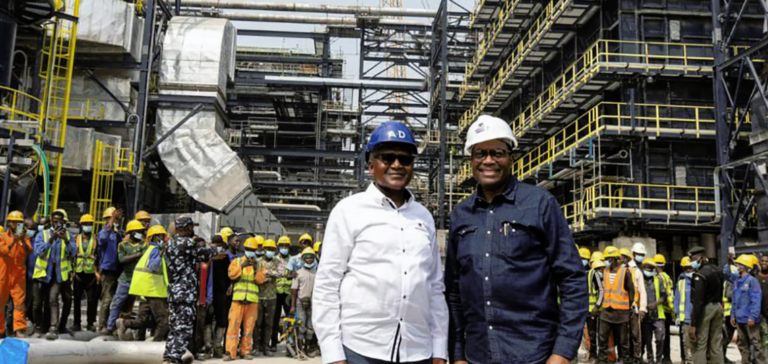Nigeria’s state oil firm NNPC Ltd has signed an agreement to supply up to six cargoes of crude oil to the new Dangote oil refinery, scheduled to process 650,000 barrels per day, in December. The refinery will use these cargoes for test runs. Aliko Dangote is financing the refinery, which is located in the Lekki free trade zone near Lagos.
Implications for Nigeria
The full start-up of this refinery represents a major turning point for Nigeria, as it will become a net exporter of fuels once it is fully operational. At present, Nigeria is heavily dependent on fuel imports. NNPC and the Dangote refinery are planning a one-year partnership, with the possibility of supplying additional volumes in the coming months depending on mutual agreement and availability. A source within the Dangote Group mentioned that certain details of the agreement are subject to confidentiality clauses. NNPC holds a 20% stake in the refinery.
The challenges of the commissioning process
The Dangote refinery had experienced significant delays in its commissioning process, which finally began in May this year, exceeding initial cost estimates of $12-14 billion to reach a final cost of $19 billion. Indeed, the commissioning process involves testing the various production units, from diesel to gasoline, and ensuring that they meet the control panels.
The agreement between NNPC and the Dangote refinery for the supply of crude oil in December is an important milestone for the oil industry in Nigeria. Once fully operational, the refinery will help reduce the country’s dependence on imported fuels and open up new business opportunities in the Atlantic basin. However, it remains to be seen how this agreement will evolve over the coming months, depending on needs and availability.






















